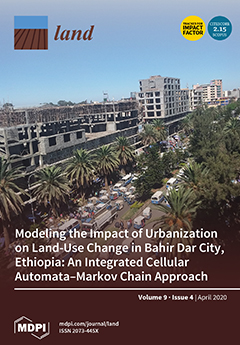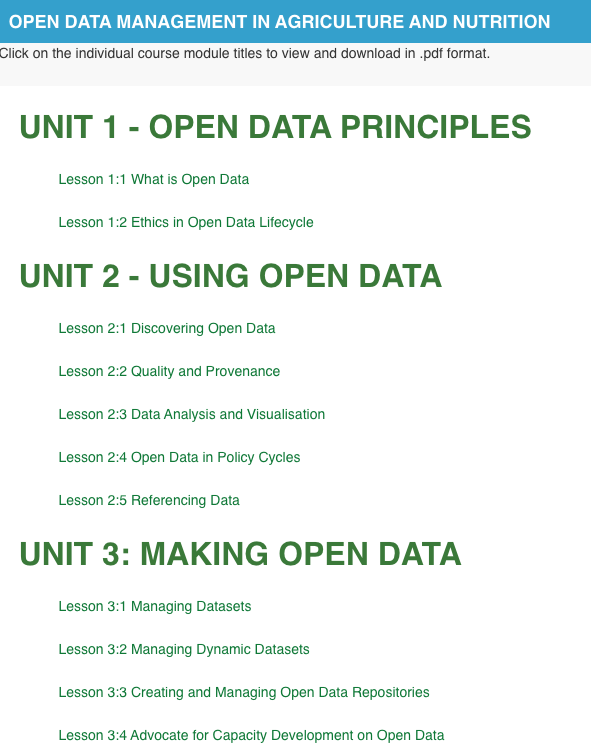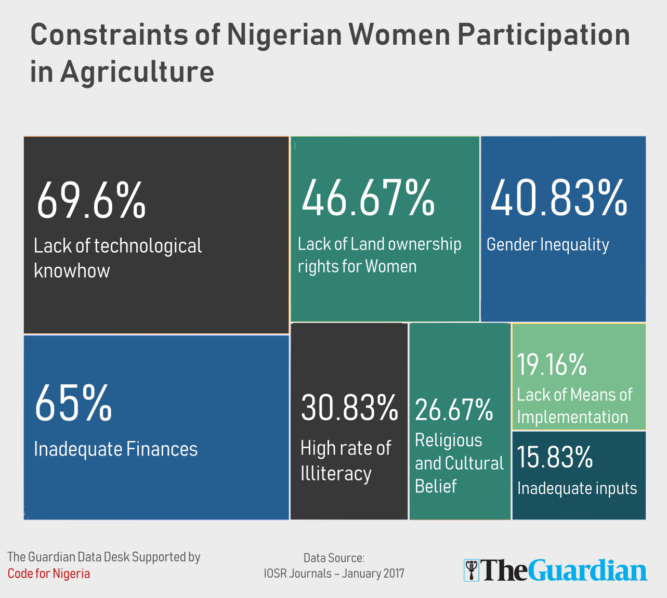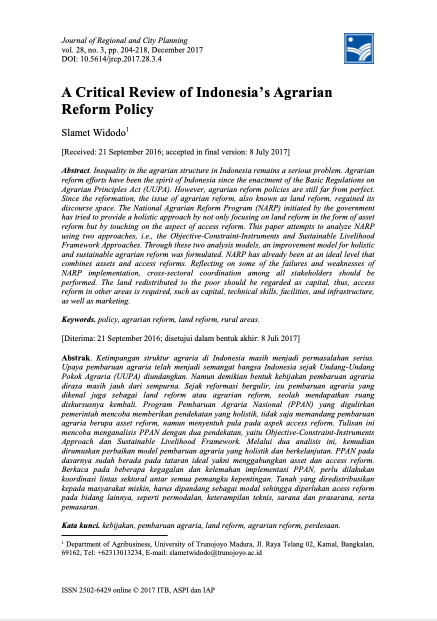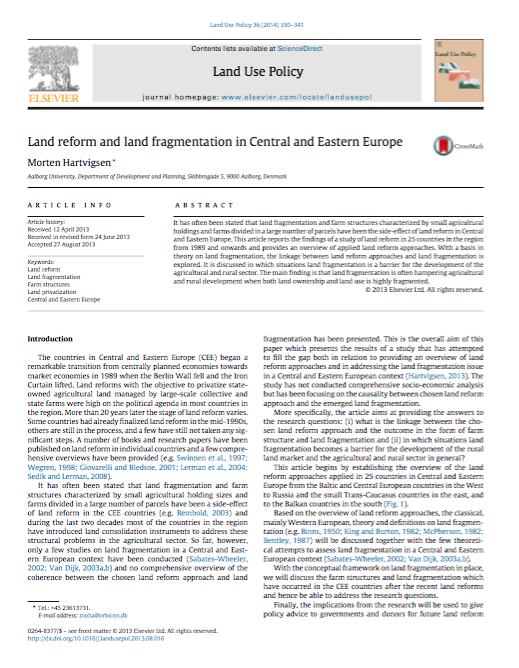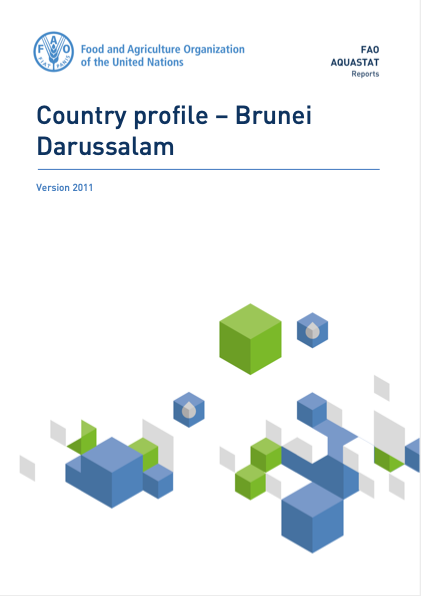Migration, Remittances, and Forest Cover Change in Rural Guatemala and Chiapas, Mexico
This article investigates how migration and remittances affect forest cover in eight rural communities in Guatemala and Chiapas, Mexico. Based on household surveys and remote sensing data, we found little evidence to support the widespread claim that migration takes pressure off forests. In the Chiapas sites, we observed no significant changes in forest cover since 1990, while in the Guatemalan sites, migration may have increased demand for agricultural land, leading to an average annual forest loss of 0.73% during the first decade of the millennium.


